Tuesday, May 14, 2024
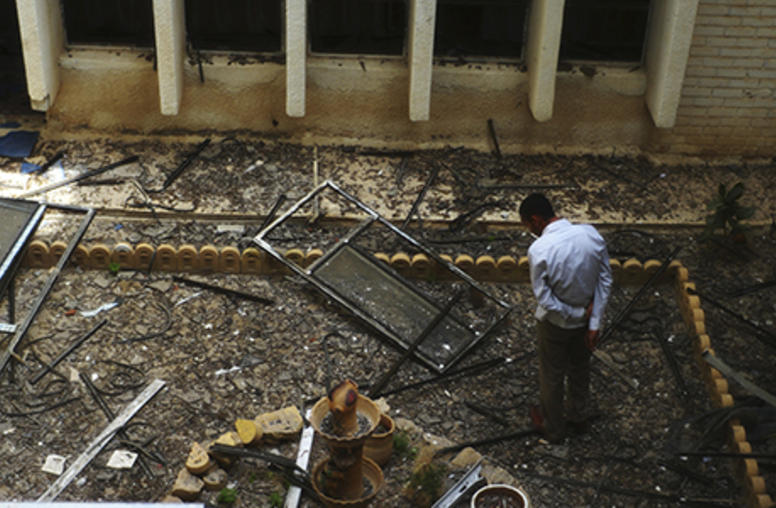
In the Shadow of a Massacre, a Peaceful Return in Iraq, Part II
(cont’d from Part I) It was December 2014. USIP and its partner organizations in Iraq had recognized a June 2014 massacre at a military base near the northern city of Tikrit as a flashpoint of tension that could accelerate into a cycle of revenge killing. Predominantly Shia tribes from Iraq’s south, where many of the victims were from, had accused Sunni tribes around the base, known as Camp Speicher, of supporting, even joining in the massacre. But careful conflict resolution might prevent a...
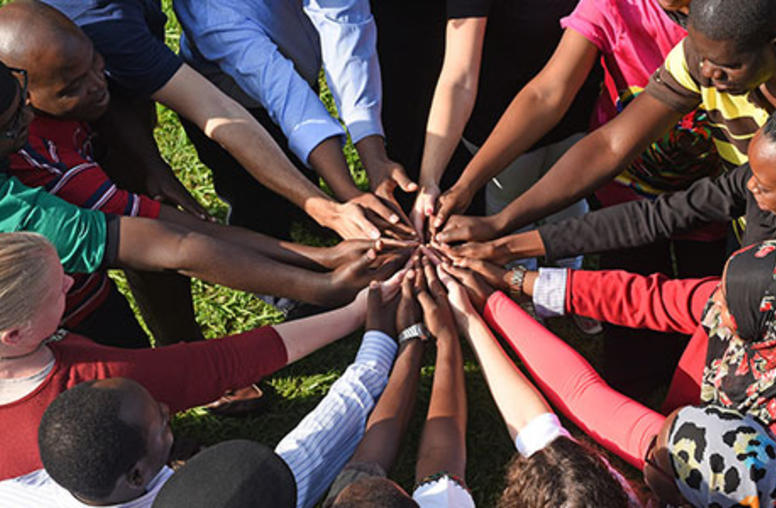
Boko Haram Drives Nigerian Activist to … Generation Change
The road to leadership for Imrana, a Nigerian activist, began on a bus in the country’s north, when Boko Haram militants came aboard and picked out passengers to haul into the bush. That was when the 23-year-old resolved he had to do something about his country’s bloodshed. Today, an organization he founded seeks to curb the violence that often surrounds Nigerian elections.
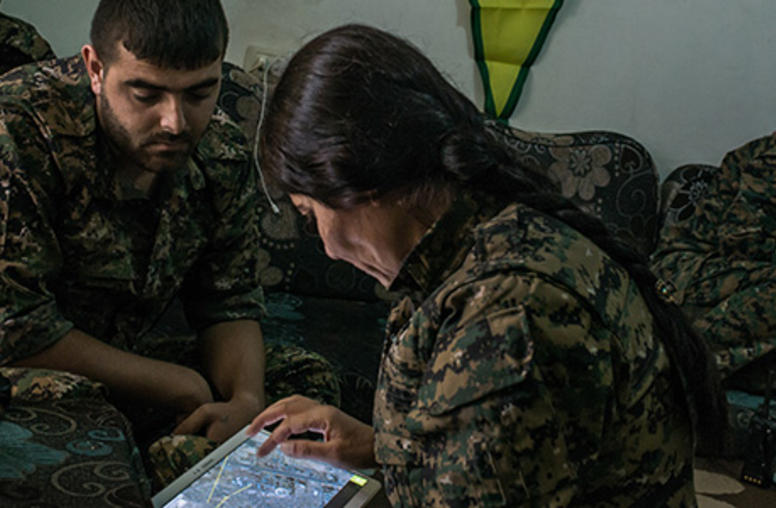
In Syrian War, Peace, Politics and Possibilities Are a Local Affair
While the mass bloodshed of Syria’s civil war so far has spared many Kurdish and Arab farming villages in Syria’s far northeast, the war has exacerbated communal tensions there. So recently, 14 religious, tribal and civic leaders from one locality traveled to neighboring Iraq for talks to ease those tensions and prevent an outbreak of violence.
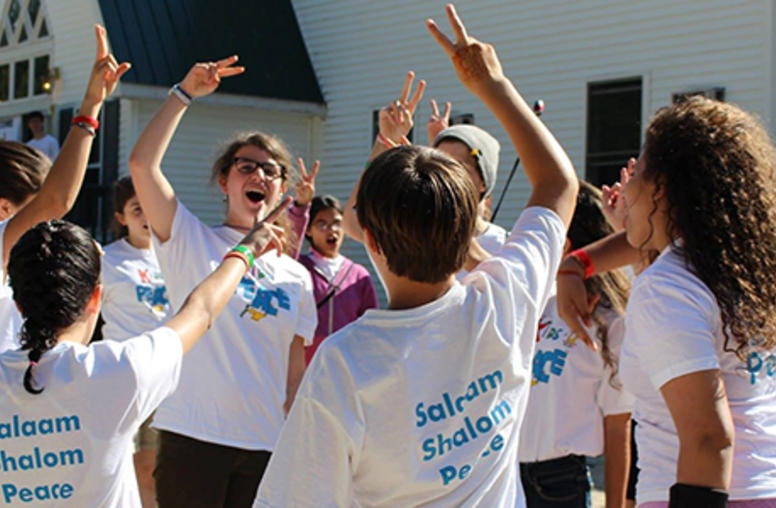
Israeli, Palestinian Kids4Peace: ‘Stubborn Optimism’ in Violent Days
To hear voices of peace challenged by a surge of violence, simply listen to a conference call held by Arab and Jewish parents in Jerusalem who are involved in the program Kids4Peace. The bonds formed over the years their children attended the group’s dialogues and camps are at once strained and sturdy, resolute and despairing and frayed by fear. For the program’s staff, one posted message reflects their defiance at this moment in the Arab-Israeli conflict: “We will not be defeated. Nothing is...
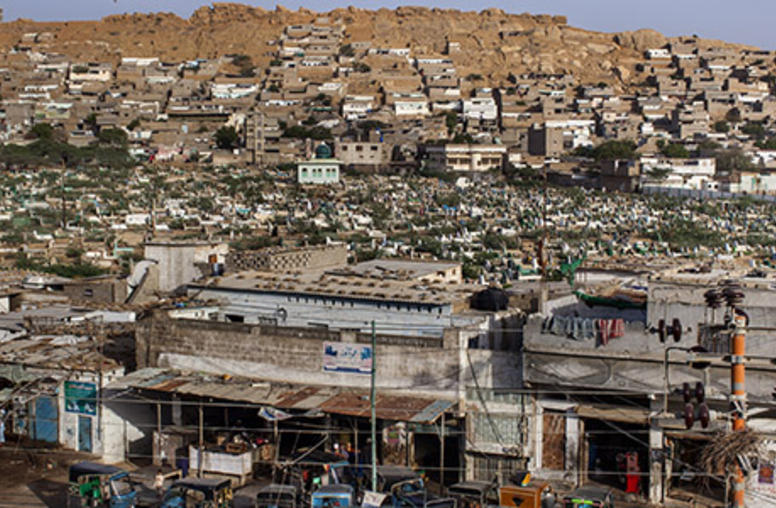
Teaching Peace in Pakistan’s Turbulent Mega-City
The subtropical seaport of Karachi is an exploding population bomb, the world’s fastest-growing mega-city. More than 1,000 migrants pile out of buses and trains each day, ratcheting up the population of 22 million. “They leave bombed-out villages in the tribal north or parched hamlets in South Punjab to come settle at the edge of sewers in unplanned slums,” seeking survival as laborers, Karachi novelist Muhammad Hanif wrote this summer.
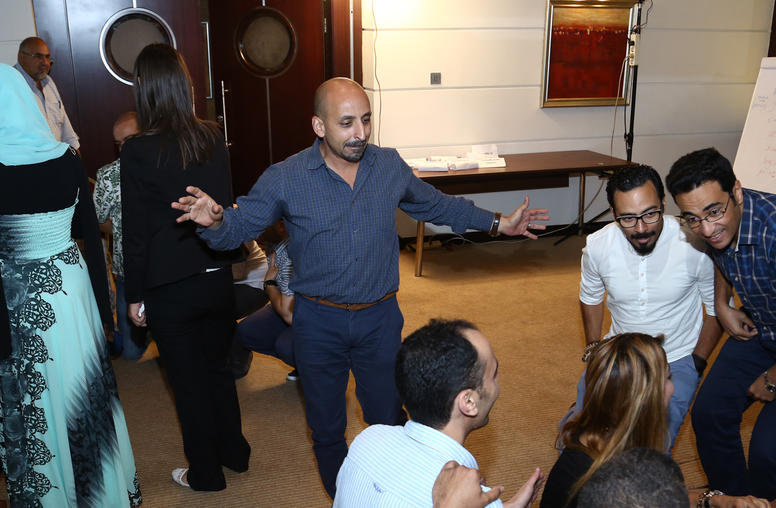
In MENA Region’s Turmoil, USIP Dialogues Confront Tensions, Part 1
In the midst of Tunisia’s fragile transition, angry standoffs emerge frequently, echoes of the tensions that triggered the Arab Spring five years ago. As the informal economy mushrooms, for example, the police—reared under authoritarian rule—regularly crack down on street vendors selling everything from clothes to food to appliances. One such incident flared in 2014, and the risk of violence was palpable. It was just the kind of scenario that called for the skills of someone like Tarek Lamouc...
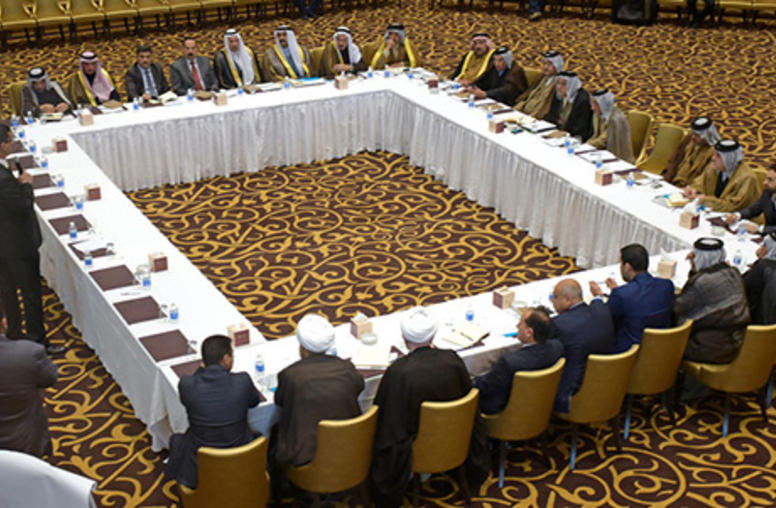
Dialogue Facilitators Reach for Tradition to Heal Modern Rifts, Part 2
(cont’d from Part 1) Zoughbi Zoughbi, an expert in mediation from the West Bank city of Bethlehem, likes to tell a story that reflects traditions in the region. It’s about a local man who gets angry because someone has taken his watch. An offer of compensation, even twice the value of the timepiece, won’t suffice, writes Zoughbi, a member of a U.S. Institute of Peace conflict resolution program in the Middle East and North Africa, in a handbook published by his non-profit organization. The v...
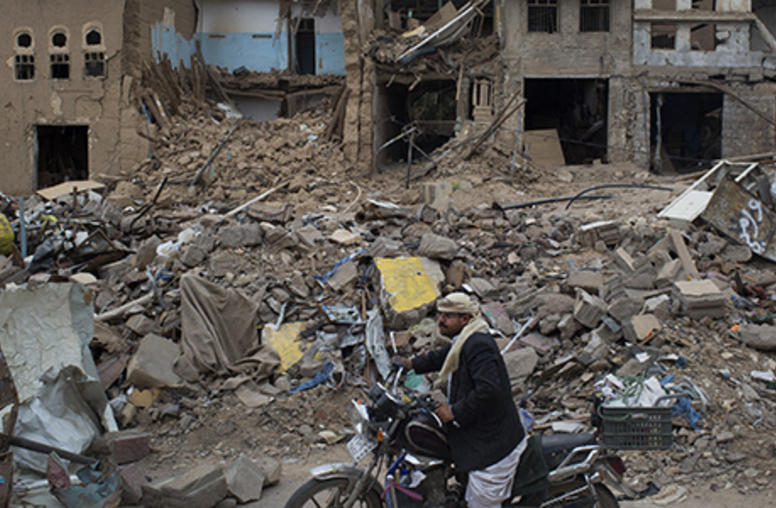
Dialogue Leaders Push Past Traumas of War, Determined to Grasp for Peace, Part 3
(cont’d from Part 1 and Part 2) At the center of some of the world’s most violent conflict zones, a cadre of civic leaders and scholars are defying cynicism and fatalism to achieve what few believe possible: facilitating sustainable negotiated agreements that forestall cycles of violence, allow people who’ve fled violence in their communities to return home, and establish new terms for peaceful cooperation.
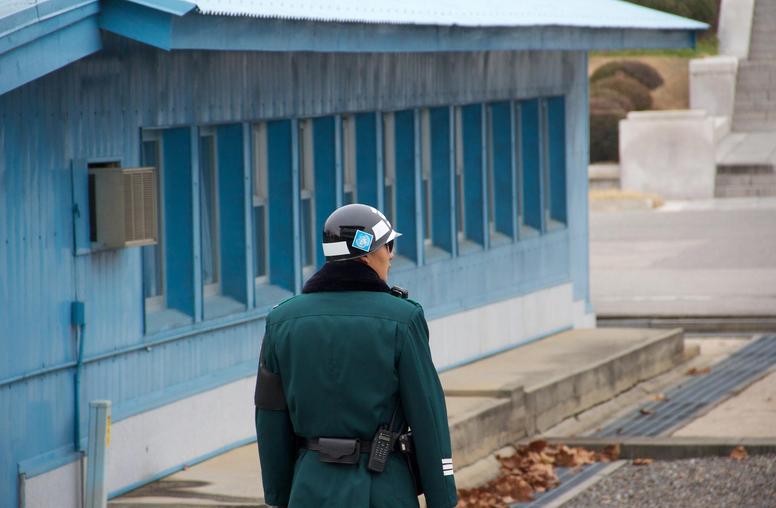
Asia Eyes Defense Chief Mattis Trip for U.S. Policy
As U.S. Defense Secretary James Mattis visits Seoul and Tokyo this week, the region and the world are searching for signals about what President Donald Trump’s “America First” policy means for Asia. In a region that values stability above all, there is a growing uncertainty and nervousness about America’s commitment to its continued peace and prosperity.
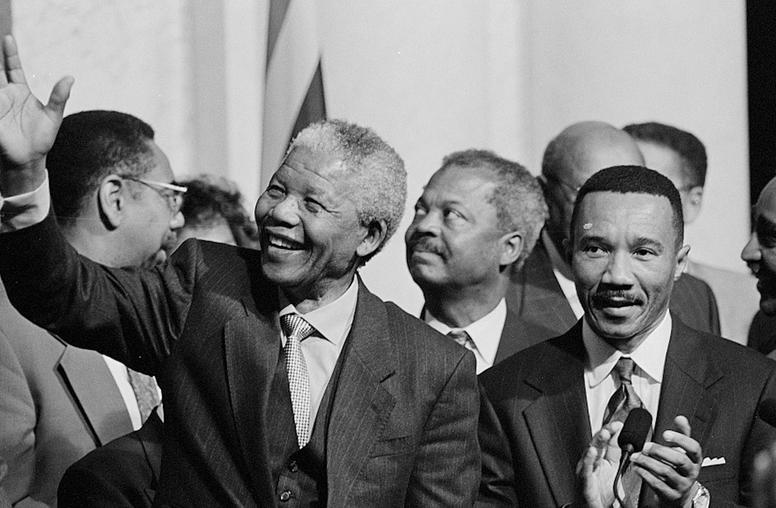
USIP’s Mandela Series
After spending 27 years in prison, many expected Nelson Mandela to emerge as a man full of bitterness and anger toward those who had imprisoned him. Instead, he emerged as a towering figure of peace and justice whose own self-sacrifice and leadership were instrumental in ending the brutal apartheid system in South Africa. USIP’s Ambassador Johnnie Carson discusses the Institute’s new Mandela Series — a collection of lectures and seminars from notable peacebuilders that celebrates Mandela’s life and explores how his legacy can guide those seeking a better, more peaceful future.
